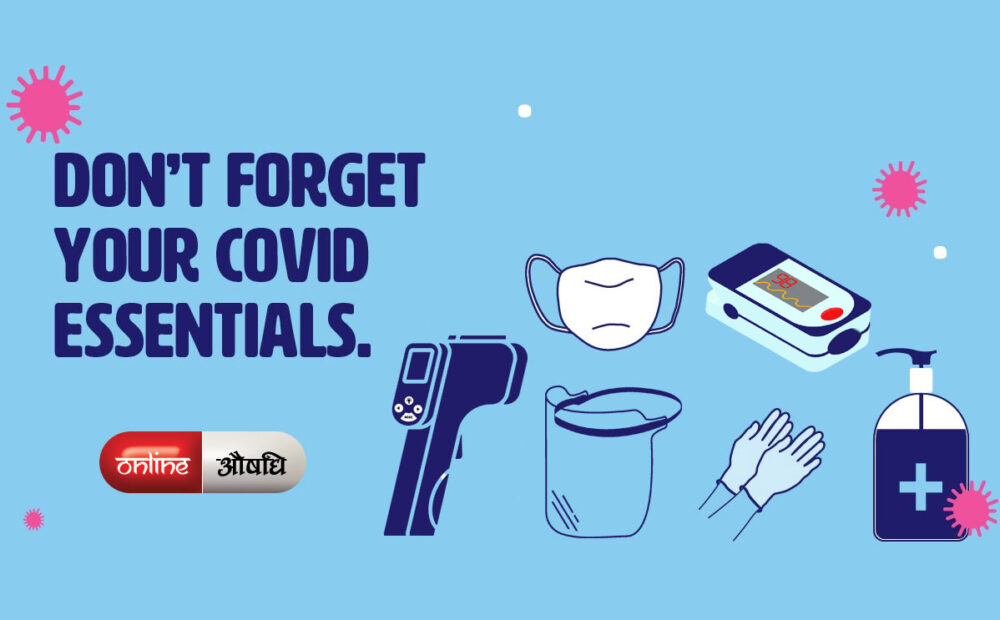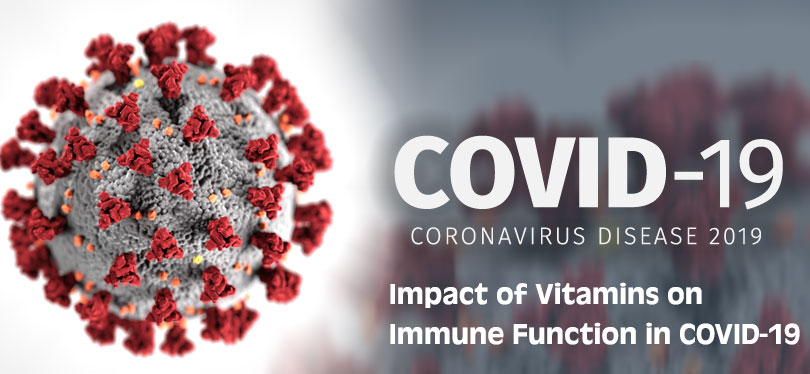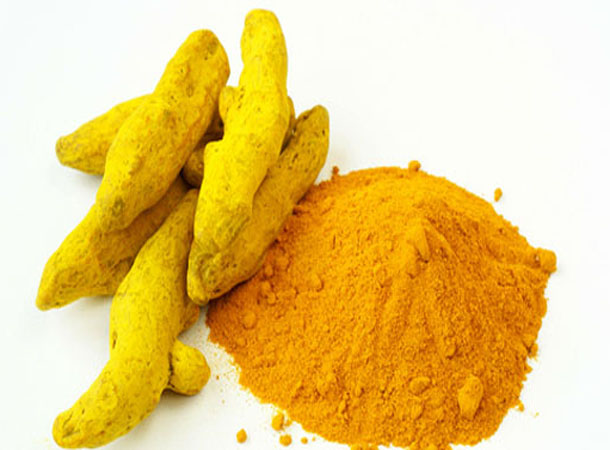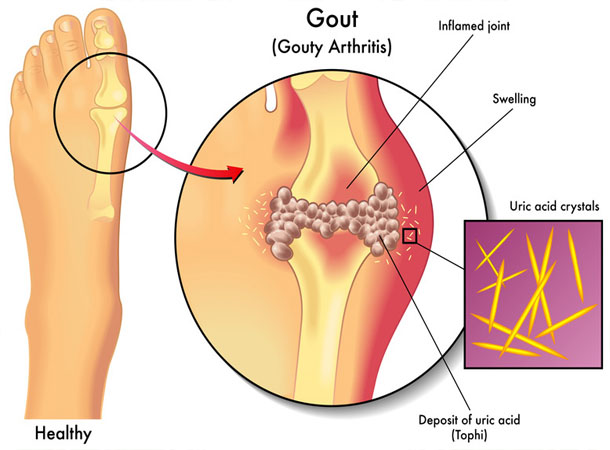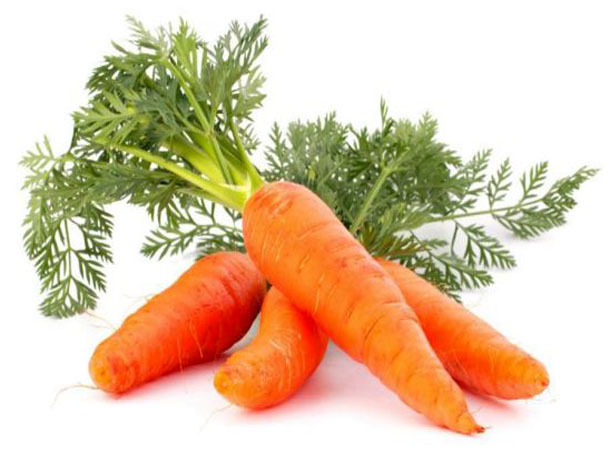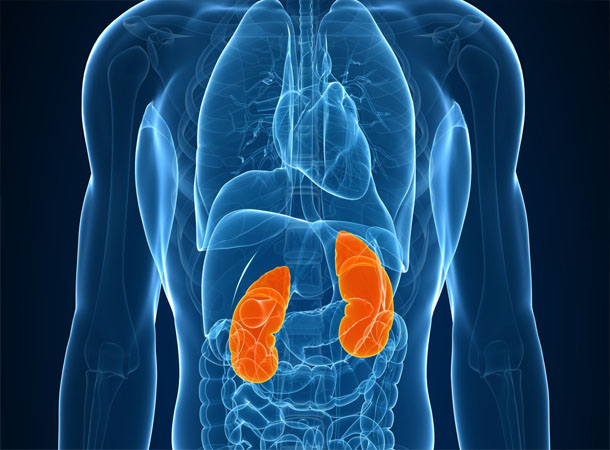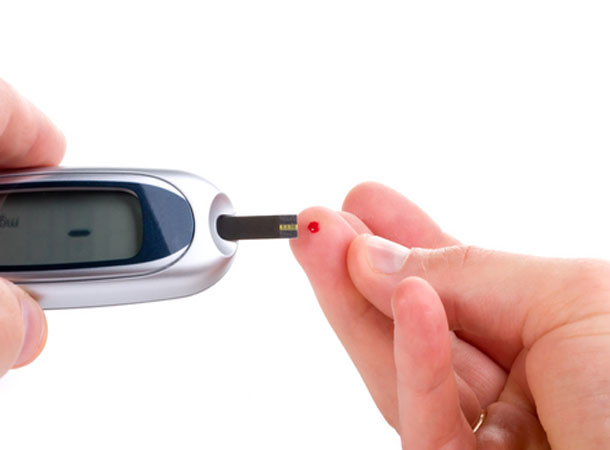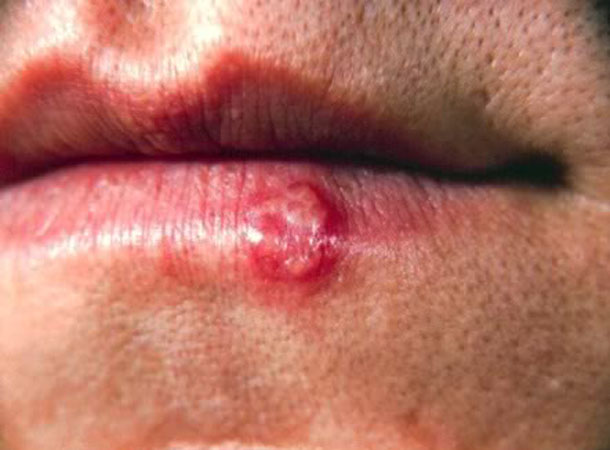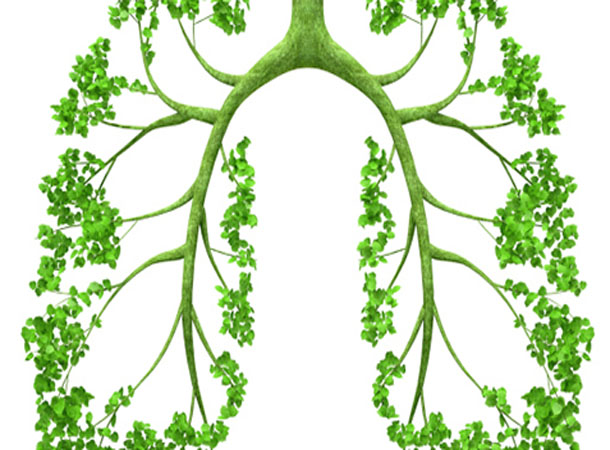Ear is one of the most delicate sense organs. If it is not cared properly, it may cause several problems, including ear infection. Ear infection is a very common problem, diagnosed in infants and children. Even it is common in adults, now-a-days. The general term used for ear infection is “Otitis Media” or chronic ear infection. Very few people know about the symptoms, causes, and treatment of an ear infection. If we suffer with an ear pain, we always try to sort out a quick remedy to overcome it. Before going through the series of home remedies, let us understand the symptoms and causes of an ear infection.
Causes
Ear infection mainly occurs in the middle part of the ear. Ear drum gets weak due to the infection of the middle part of the ear. It is caused when the ear is blocked by the mucus or fluid behind the ear drum. This affects the hearing sense of an individual. Ear infections are also caused by food allergies, upper respiratory problems, environmental allergies, genetics, internal injuries, and nutritional deficiencies.
Home remedies of Ear Infection
1. Distraction
If it’s a child battling an earache, do your best to get them comfortable by taking their mind off the pain. Put on their favorite movie, bring home a new coloring book, let them play a game on your phone or tablet, pick up their favorite snack, or simply find other things for them to focus on.
2. Cold or Warm Compresses
People often use ice packs or warm compresses, like a heating pad or damp washcloth, to relieve pain, and the same can be done for ear pain. This method is safe for both children and adults. Place the ice pack or warm compress over the ear.
3. Oil Drops
A folk remedy, there’s no hard scientific evidence to prove that oil drops in your ear canal can soothe ear pain. But putting a few warmed drops of olive oil in the ear is safe and could be moderately effective, according to AAP. It’s still a good idea to discuss this method with your doctor first, especially when it comes to children.
4. Tea Tree Oil
Tea tree oil is known for its mild antibacterial and healing properties. With the use of tea tree oil, one can get instant relief in ear pain. Prepare a mixture of one tsp of apple cider vinegar, 2 tbsp of olive oil, 3 drops of tea tree oil, and a tsp of colloidal silver. Slightly warm this mixture. Put your head on a towel, keeping the infected ear upright. With the help of dropper, put the mixture in the ear, and leave it for five minutes. After sometime, turn your head and let the mixture drain out completely. Follow this procedure thrice a day for effective results.
5. Garlic
Garlic has antimicrobial properties and natural pain relieving qualities, making it highly effective in the treatment of ear infections. This will provide an immediate relief. The process should be practised three times in a day.
6. Mango Leaf Juice
The extracts of mango leaf are effective for the treatment of ear infection. Take two or three mango leaves. Grind or crush them to extract juice. Slightly warm the extracted juice. Put 2-3 drops of juice in the infected ear with the help of a dropper. Leave it for a few minutes. After sometime, you will feel relief in the earache. If the procedure is practised for three times a day, then ear infection will surely get healed.
7. Onion
Onion is not only used as the main ingredient for cooking, but also used for medicinal cure. It is very beneficial for ear infection. Take a small onion and chop it. Put the chopped onion in the microwave for 1-2 minutes. After microwaving, allow it to cool and extract its juice. Put two-three drops of onion juice in the infected ear and leave it for a few minutes. After sometime, turn your head and drain out the juice from the ear.
8. Salt
Salt is considered to be the best remedy, available at home. Microwave one cup of salt for at least 5-6 minutes. After that, put the hot salt in a sock. Tie the open end of the sock using a rubber band. Lie down and put the sock under the infected ear for ten minutes. The heat from the sock will facilitate in draining out the fluid from the ear. To get relief in swelling and pain, the process should be repeated multiple times in a day.
9. Basil
You can also use holy basil to treat minor earache and ear infections. It can relieve ear pain as well as reduce infection. Take 4-5 holy basil leaves. Crush them to extract their juice. Apply the extracted juice around the infected area. It should not be put into the ear canal.
10. Breast Milk
Breastfeeding infants have very fewer infections than a normal child or adult. Breast milk is considered as the best remedy for curing any type of ear infection. It is also used for treating eye infections, minor cuts, wounds or burns. It has natural antibodies, which lessen swelling and pain. With the help of dropper, put 2-3 drops of breast milk in the infected ear. If the process is repeated after every two hours, ear infection will surely get cured.
11. Olive Oil
One of the main causes of an ear infection is wax in the ear catching some fungal or bacterial growth leading to a blockage in the Eustachian tubes. You can easily clear the obstruction with the help of olive oil.
Mustard oil can also be used to treat the ear infection.
Sources:
http://www.top10homeremedies.com/home-remedies/home-remedies-for-ear-infection.html/2
http://www.healthline.com/health/6-effective-earache-remedies
http://www.homeremedyshop.com/11-best-home-remedies-for-ear-infection/
http://homeremediesforlife.com/ear-infection/
Home
Published by: Online Aushadhi





